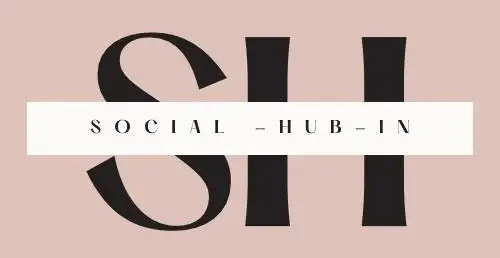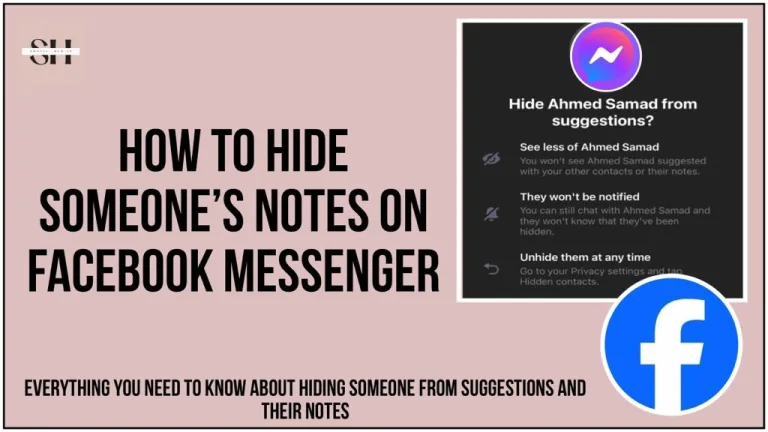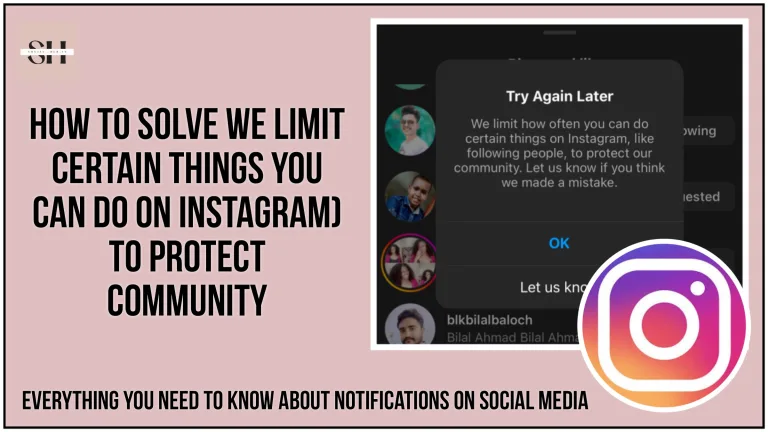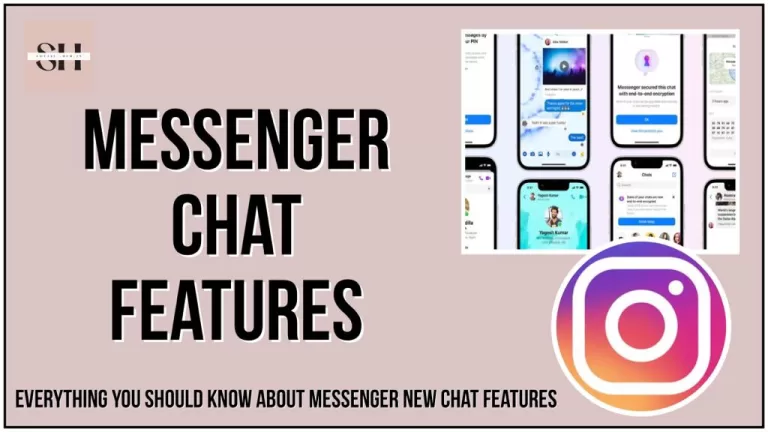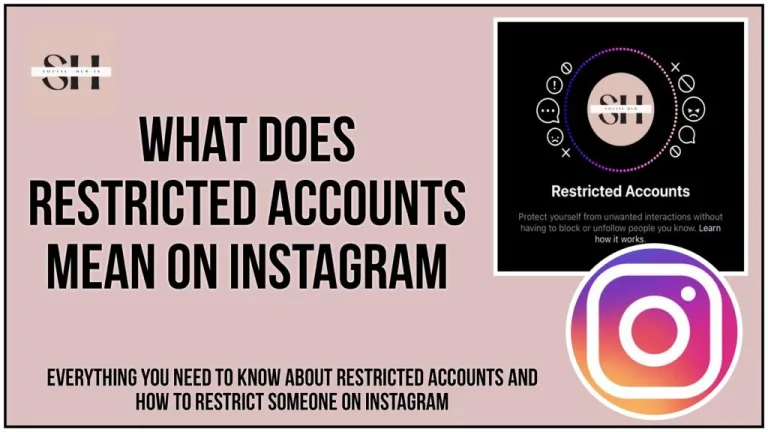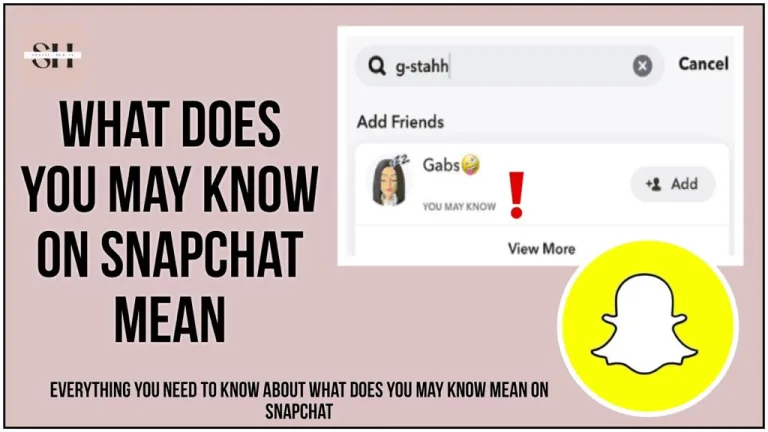Turning twenty-one. For most, it’s a big deal. A moment that shouts: “Welcome to adulthood!” Freedom. Responsibility. Maybe a tiny crisis about where life’s heading. Facebook just hit the same milestone. But instead of balloons and cake, people are asking—how’s it really doing at 21? Is it still relevant or struggling to keep up with the fast moving social media world?
A survey by ExpressVPN polled 4,000 people across the US, UK, France, and Germany about Facebook’s status. The answers were mixed. It’s still massive but at a crossroads. Is it aging like fine wine or struggling through a messy midlife crisis? Let’s break it down.
Still a Giant… But Signs of Wear
First off, Facebook isn’t dead. Not even close. Over 60% of those surveyed are still active users. The UK is at 73%, and the US is at 68%. People are logging in, scrolling, and engaging. It may not be the trendiest thing around, but it’s far from forgotten.
But cracks are showing. France’s 58% are still active. Germany is at less than half—49%. Beneath these numbers is a bigger issue. One that really highlights where Facebook’s future might be heading. And when you break it down by age, the generational gap becomes even more apparent.
The Age Gap: Who’s Leaving, Who’s Staying
A major divide is clear. Young people are walking away. Fast. Among 18-24-year-olds, only 35% still use Facebook regularly. Another 33% have accounts but barely touch them. 19% never even signed up. That’s a huge red flag.
Meanwhile, the older crowd isn’t going anywhere. People aged 35+ are sticking around. A massive 72% of the 35-44 group are active. And it stays high across the 45-65+ range. Facebook is a habit for them, and a part of their daily lives. A check-in with morning coffee. A scroll before bed. A way to stay connected with family and old friends.
This tells us clearly that Facebook is becoming the social network for older generations. The younger crowd is fancying Instagram, TikTok, and new platforms. The numbers show Facebook’s influence over younger demographics is fading fast.
Why Are Young Users Ditching Facebook?
What is pushing younger users away? And why are even some older folks logging in less? The survey points to a few big reasons:
- Too much junk. Cluttered feeds. Endless ads. Facebook feels bloated. For some, it’s more annoying than useful.
- The cool factor is gone. TikTok and Instagram feel fresher, faster, and visually better. Facebook struggles to keep up.
- Misinformation and privacy worries. Fake news, data breaches, and trust issues are there. Many users don’t feel safe or informed on Facebook anymore.
- Feels less like a community. Once a hub for connection, now the feeds feel disconnected. There is more noise than meaningful interactions.
- Algorithm frustration. Many users complain that their feeds are filled with content they don’t care about, drowning out posts from friends and family.
- Political fatigue. Facebook has become a battleground for political debates, which many users find exhausting and divisive.
Can Facebook Turn It Around?
It’s not all bad news. About 35% of users think Facebook can still bounce back. And history proves it’s capable of change. The platform has reinvented itself before. Maybe it can do it again. But it won’t be easy.
To stay relevant, the message from users is clear: Less clutter. More trust. Real value. People want fewer ads, stronger privacy, and a reason to keep coming back. Innovation matters for younger users. They like new tools, better content algorithms, and features that feel exciting. For older users, simplicity is the key. A place to stay connected, without the mess. Make the experience feel meaningful again.
Facebook could revive itself by focusing on niche groups, real connections, and better recommendations. Others argue that the platform has simply lost its spark and will continue its slow decline unless drastic changes happen.
What’s Next: Revival or Slow Decline?
Facebook, at 21, is standing at a fork in the road. It still has power, a loyal user base—especially among older demographics. But if it wants to thrive, it can’t ignore the shift. Social media is changing fast, and younger users are setting the trends.
Can Meta (Facebook’s parent company) listen, adapt, and fix what’s driving users away? Will it regain trust, clean up its platform, and find fresh ways to stay relevant? Or are we looking at a slow, inevitable decline?
One thing is certain: Facebook’s twenties will be defining. It has a choice—evolve or fade into the background of the internet. What happens next? We’ll have to wait and see.
